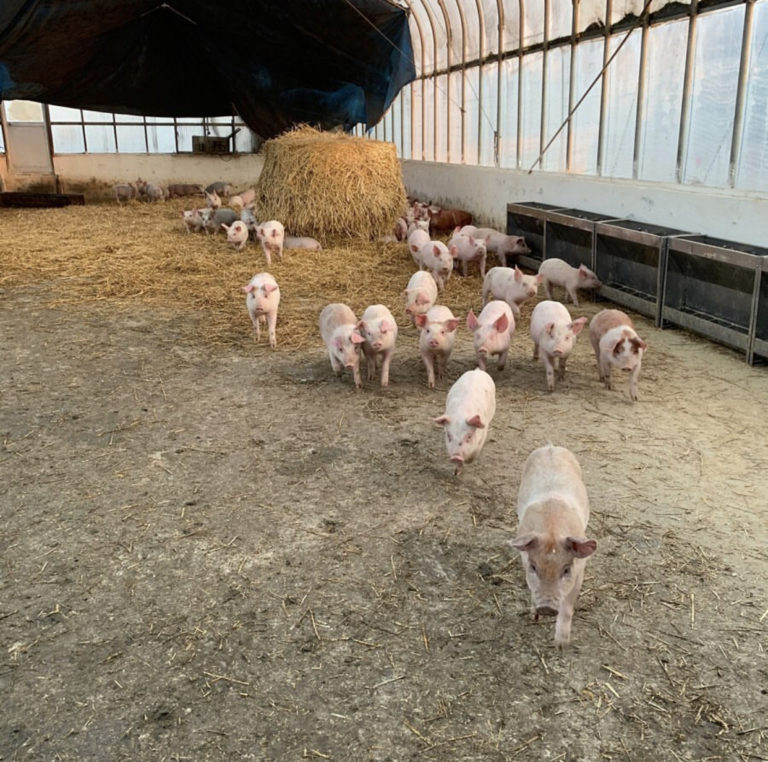
Category Issues

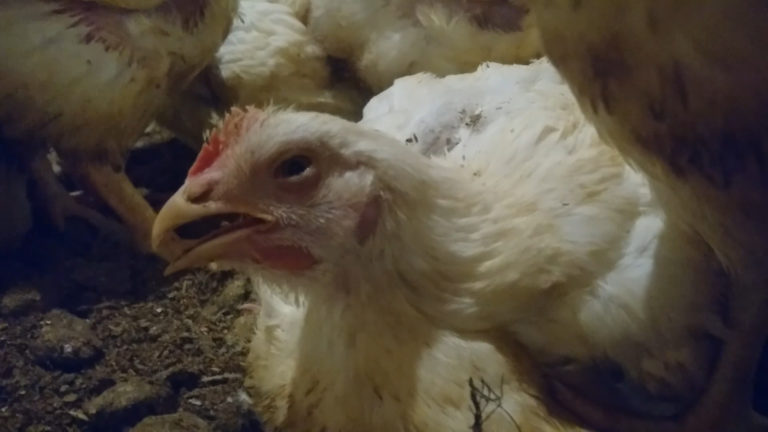
Remedies are there, the world is moving, Japan please follow! Broiler chicken welfare
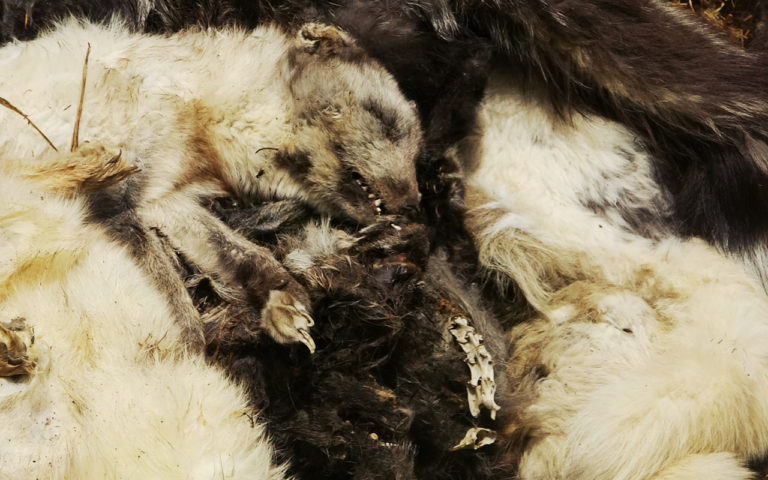
Fur garment imports down 43% from last year. Down 89% from when the campaign began!
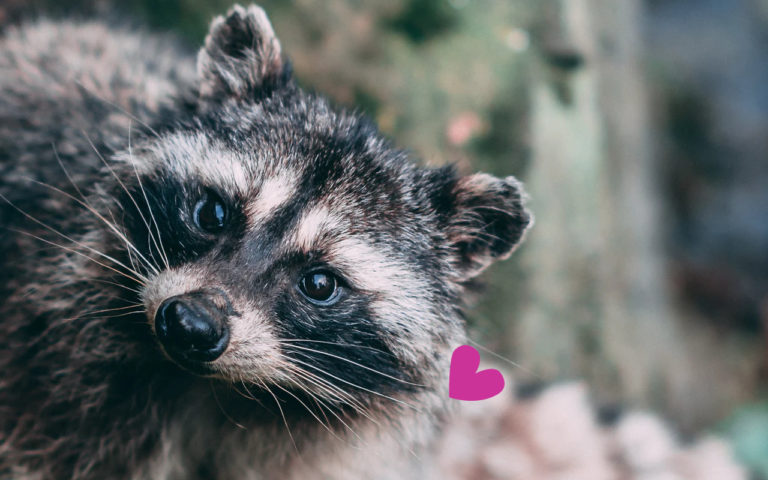
Good news! More and more fur-free companies! Mont Bell, Licht Bestreben、proef、mina perhonen、roundabout、YUKI、meagratia
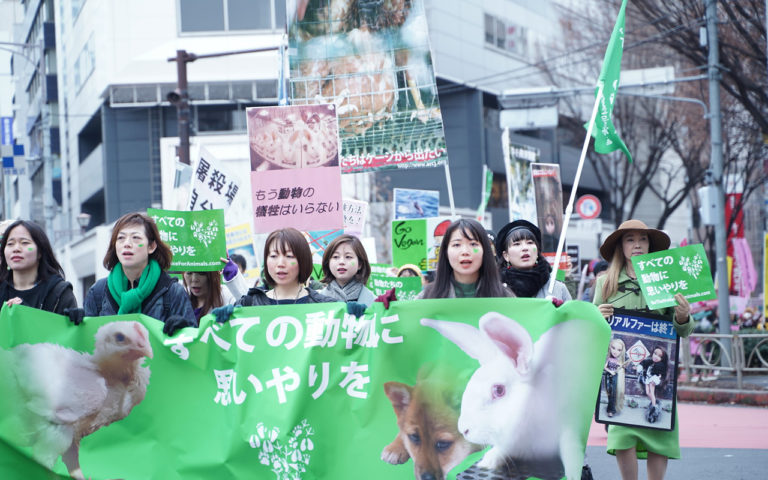
Peaceful March as a First Step to Changing Society: March for Animals – Compassion for All Animals

Good news: More and more fur-free companies! WCJ、CORONA、49、beauty:beast

Good news! Honeys Holdings for teens apparel is fur-free!
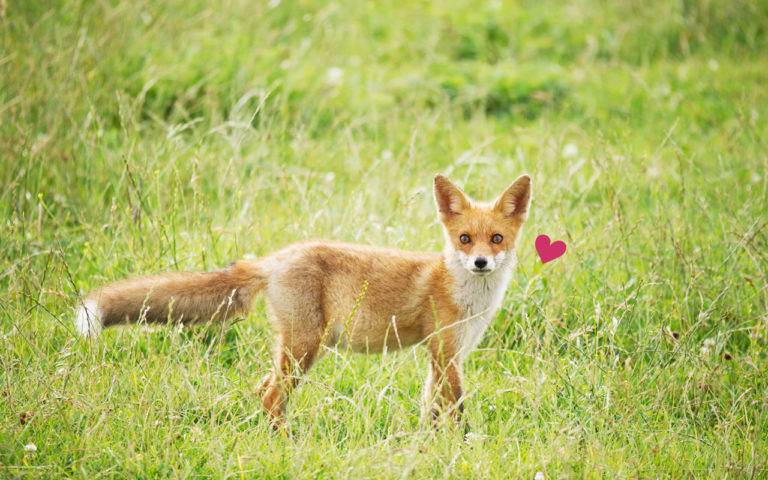
Good news! MIKI HOUSE for baby and children’s clothing, fur free!
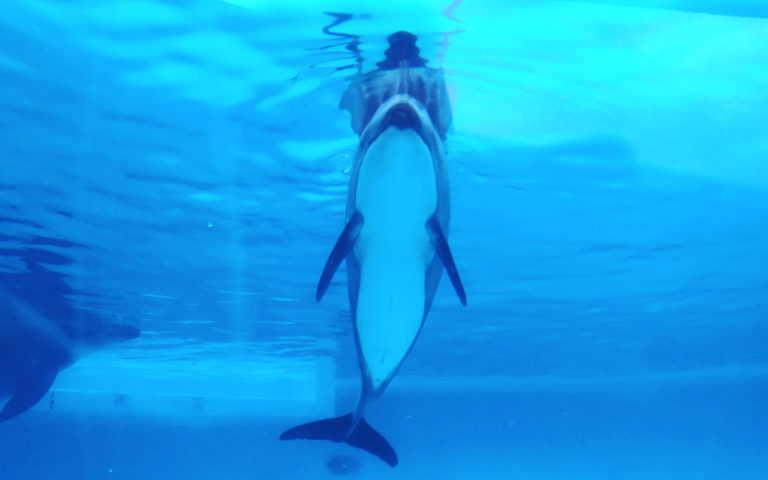
Request to Ito Fishery Cooperative: Even for live captures, the sea becomes bloody and the dolphins die
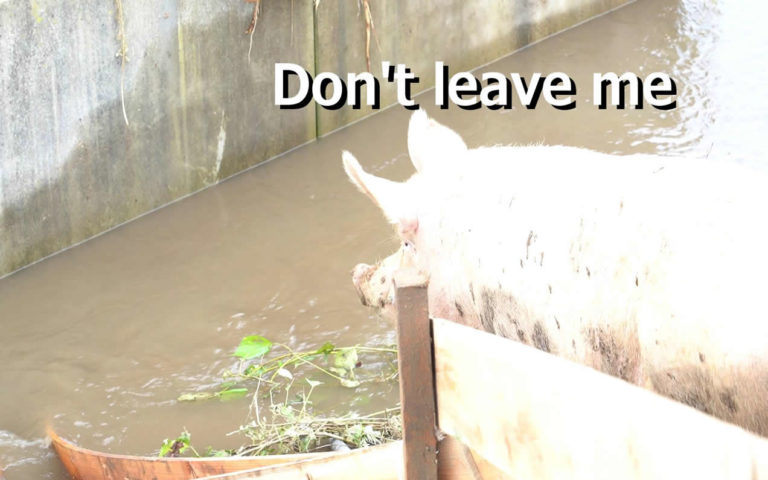
A 3-minute film by Animal Rights Center Japan received an award

OIE Laying Hen Code Final Proposal: Opinions of Industry, Experts, and Animal Protection Organizations

The OIE Standards – Make them known to Animal Welfare Administration

Minister responds “I agree” to Representative Horikoshi’s explanation of the need for promoting animal welfare

Supermarket Survey: Animal Welfare

Dolphin hunting in Izu Futo mass producing “Honey” #2. Requesting cancellation of Geopark designation.

#CageFreeJapan Contest Results
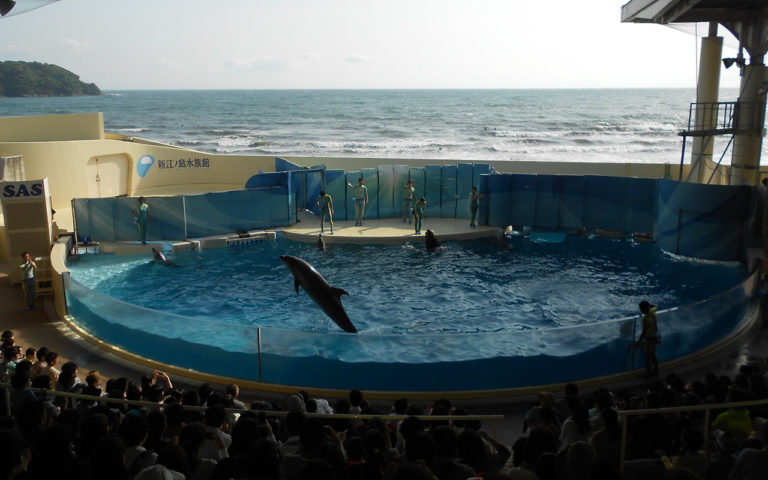
Sinful Aquariums – Breeding dolphins while Many of Them Die
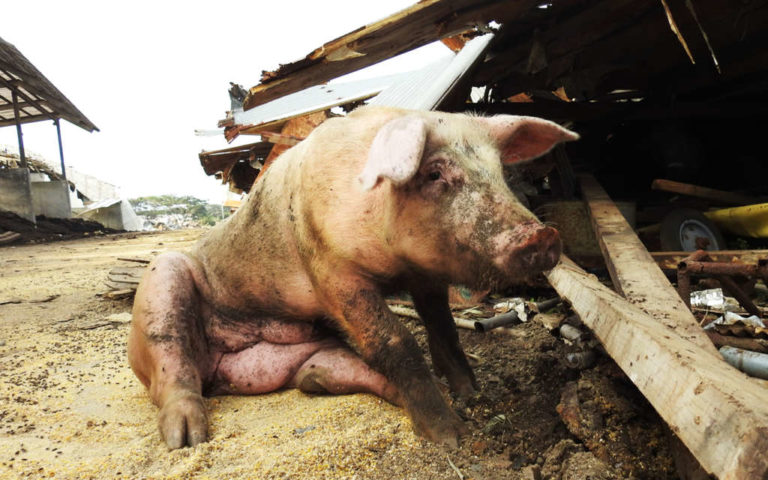
Are livestock farmers handling lives prepared for disasters?

Stop Tie stalls for daily cow

Animal welfare issues and solutions for broiler
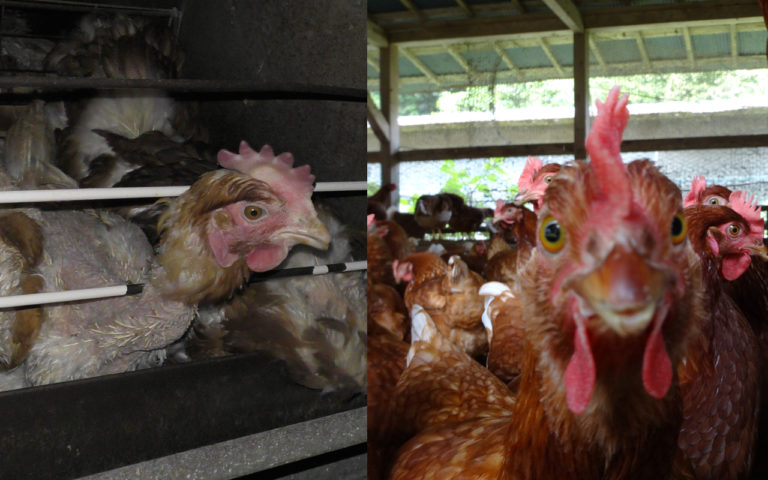
Already 4 US states have decided to ban the sale of caged eggs
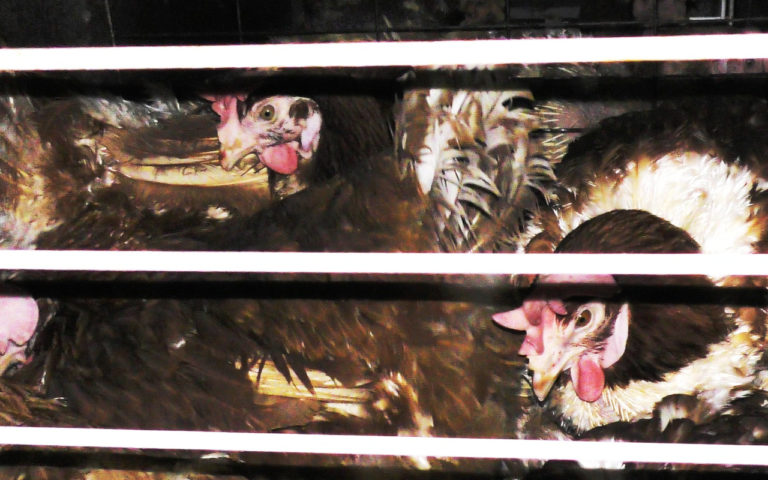
Let’s end caged rearing
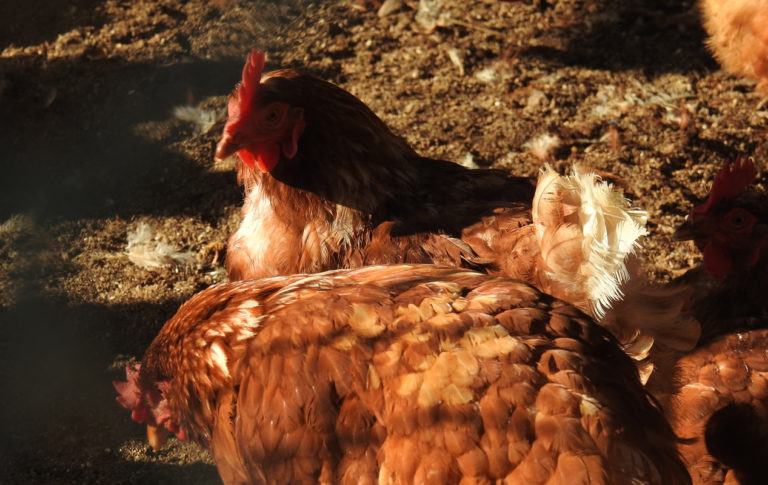
RICCO gelato: the popular domestic sweets are fully cage-free!
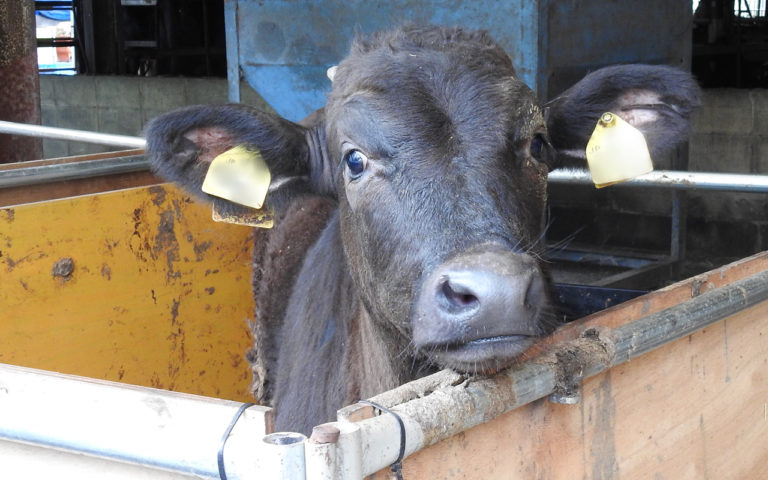
Cow’s life – what you can tell from Individual Identification numbers
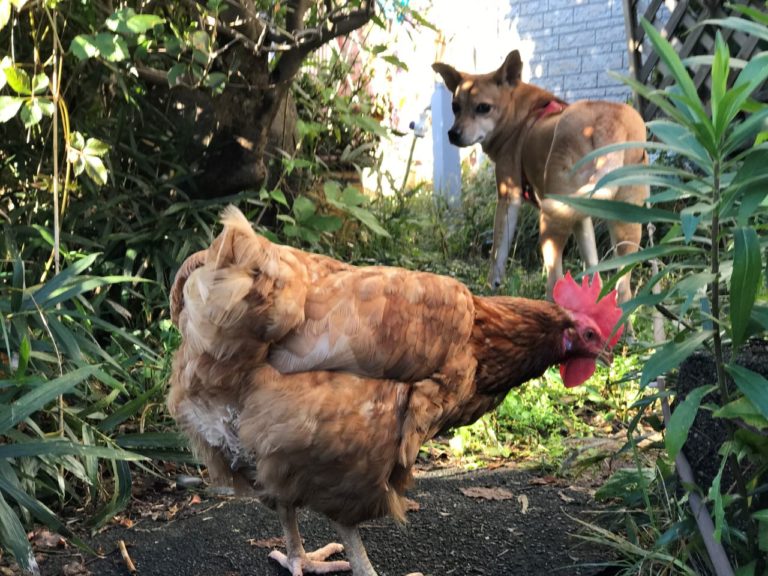
Adorable Chickens: Video/Photo Contest #CageFreeJapan

Fur Farm in China, 2019
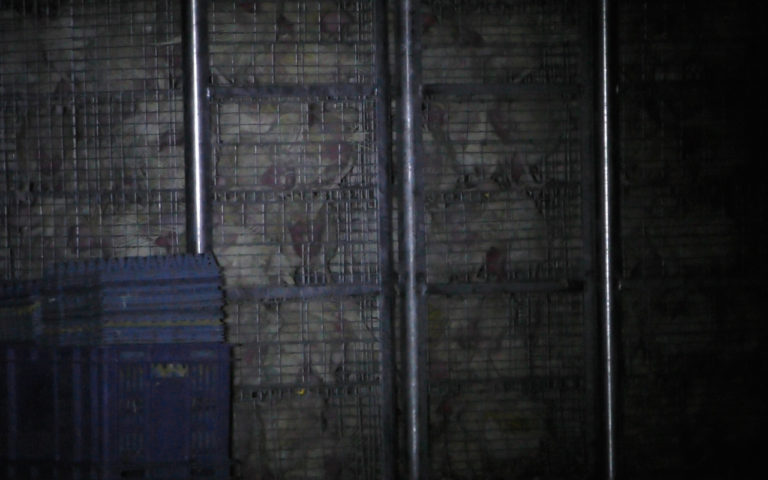
Request regarding Comprehensive Subsidies for Developing Strong Agriculture & Leaders


